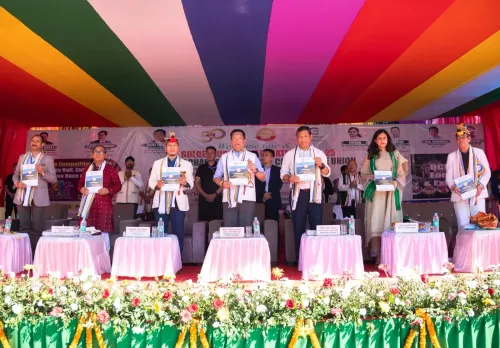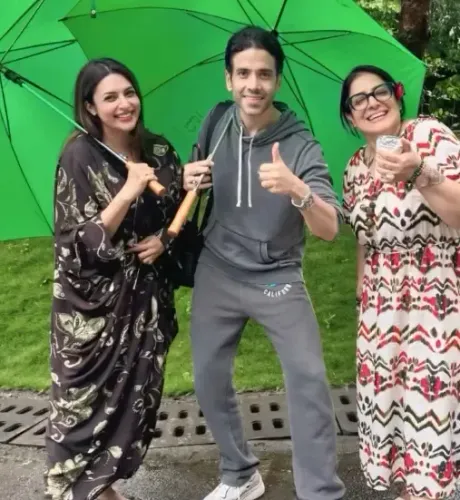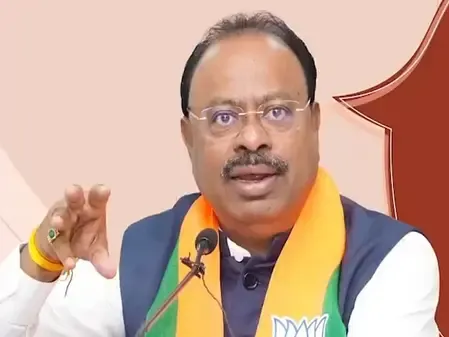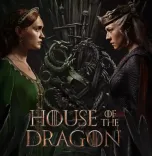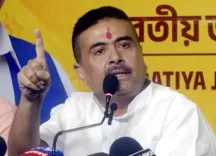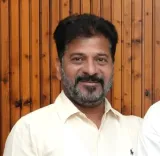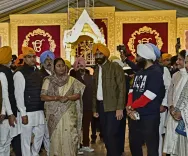How Are Uyghurs Exposing China's Repression and Seeking Global Justice?
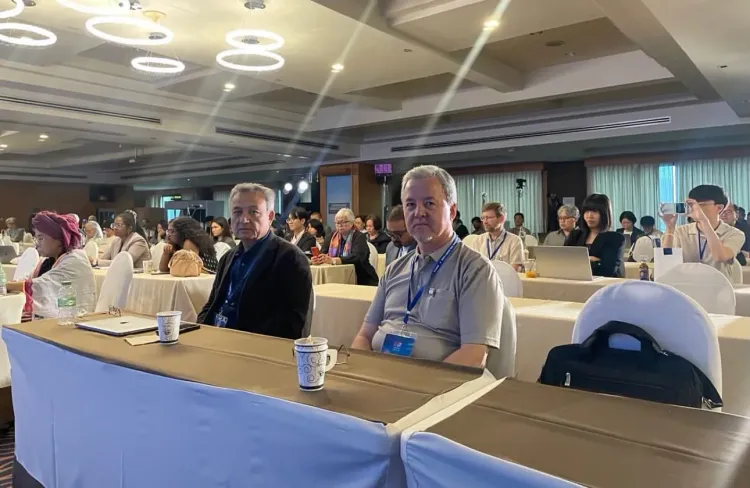
Synopsis
Key Takeaways
- Global Campaign: WUC is mobilizing international support for Uyghurs.
- Ongoing Abuses: Events highlight severe human rights violations in Xinjiang.
- Art as Advocacy: Cultural exhibitions showcase Uyghur heritage amidst repression.
- International Solidarity: Calls for global action against China’s authoritarianism.
- Urgent Attention: The plight of Uyghurs demands immediate global recognition.
London, Nov 20 (NationPress) The World Uyghur Congress (WUC) has ramped up its international campaign for Uyghurs by engaging cultural, political, and human-rights platforms across Europe and Asia to highlight China’s repression and its growing influence. During a recent briefing, the WUC organized multiple events showcasing the persistent abuses in Xinjiang and the unwavering resolve of Uyghur groups and their allies to challenge China's authoritarian regime, according to a report released on Thursday.
Activists across Germany, Turkey, Thailand, and the UK have brought attention to mass detentions, cultural erasure, digital surveillance, and forced labor. New reports also indicate the increasing pressure that Beijing is exerting on foreign governments, institutions, and universities to silence criticism. The developments over the week highlighted a concerning trend: as China intensifies its repression domestically, its efforts to manipulate the global narrative become more aggressive, as noted in a report by the UK-based newspaper for British Asians, Asian Lite.
Kazakh-Uyghur artist Ahmet Akhat inaugurated a three-day exhibition at Blutenburg Castle in Munich, celebrating Silk Road traditions and Uyghur cultural identity. Supported by Nurnisa Ismail, the event drew participation from local Germans, members of the Uyghur diaspora, and cultural scholars, merging art, performance, and political expression. Organizers described the exhibition as a tribute to Uyghur heritage and a poignant reminder of the vulnerability of cultures under state-sanctioned assimilation.
The Turkey Unity Foundation hosted an event titled “The Unheard Cries of East Turkistan” in Istanbul, criticizing China's genocidal policies, mass surveillance, and cultural repression. WUC Vice President Abdureshit Abduhamit emphasized Turkey's historical connections to the Uyghur cause, cautioning that thousands of Uyghur refugees remain trapped in legal uncertainty as China escalates its demands for deportation.
In Bangkok, WUC President Turgunjan Alawdun and former President Dolkun Isa joined nearly a thousand advocates for democracy at the International Civil Society Week (ICSW) 2025. Under the theme “Reimagining Democracy, Rights, and Inclusion,” WUC representatives called upon global civil society to confront China’s human rights violations and resist Beijing’s attempts to export its authoritarian governance model, the Asian Lite report revealed.
Additionally, German newspaper Handelsblatt published an in-depth investigation featuring WUC Vice President Zumretay Arkin, who cautioned that China’s “Ethnic Unity Law” undermines Uyghur language rights and institutionalizes cultural assimilation. Arkin also urged Ottawa to implement forced-labor legislation similar to the US Uyghur Forced Labour Prevention Act, asserting that global supply chains are still tainted by coerced labor in Xinjiang.
On November 5, the National Endowment for Democracy (NED) honored WUC Executive Committee Chair Rushan Abbas with the 2025 Democracy Award, recognizing her advocacy efforts and significant personal sacrifices, including the disappearance of her sister, Dr. Gulshan Abbas, within Xinjiang’s detention system. Later that day, WUC officials participated in a remembrance ceremony at the Dachau Concentration Camp memorial, paying tribute to Turkic victims of Nazi persecution and drawing parallels to current state repression in China.

